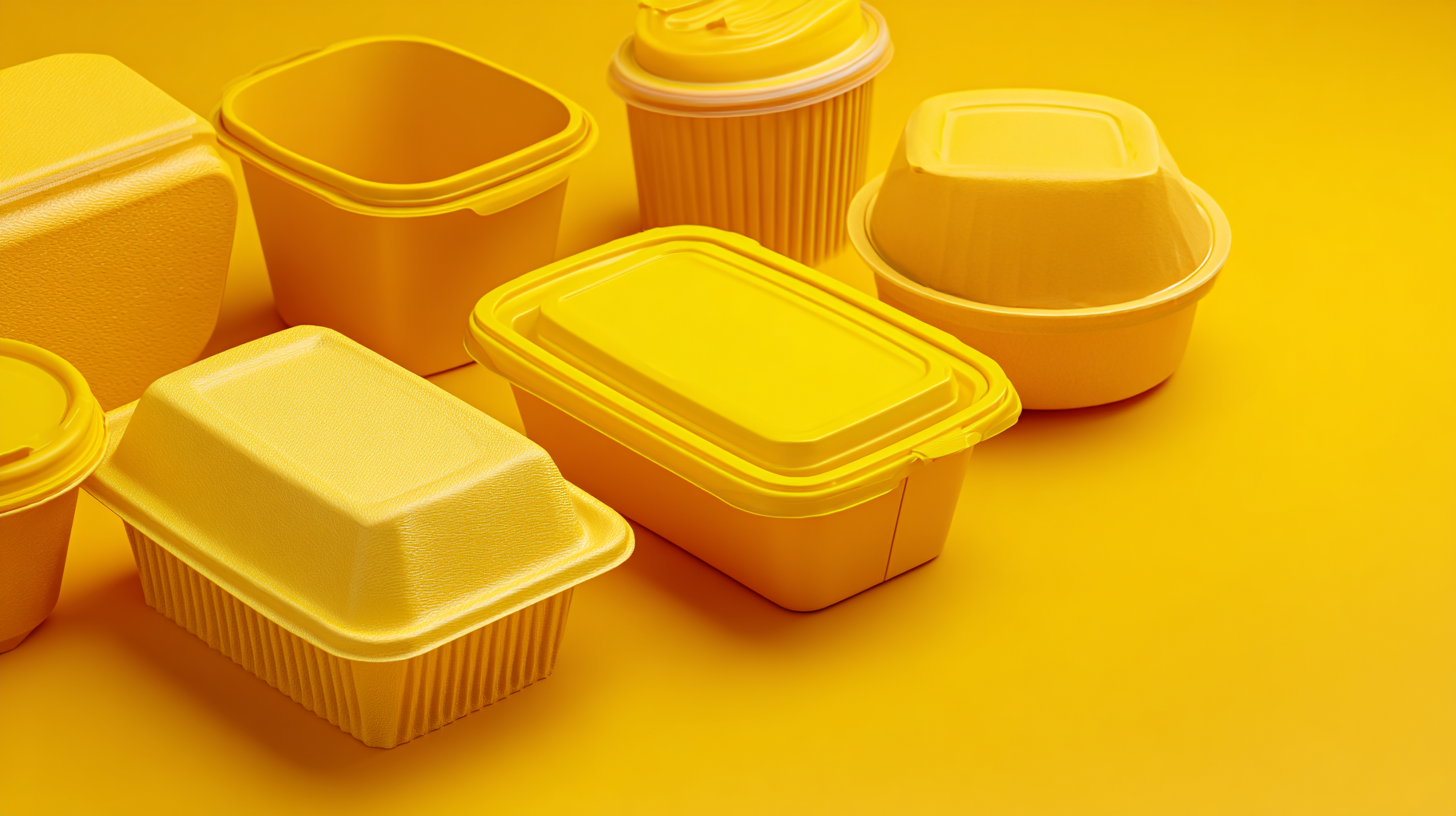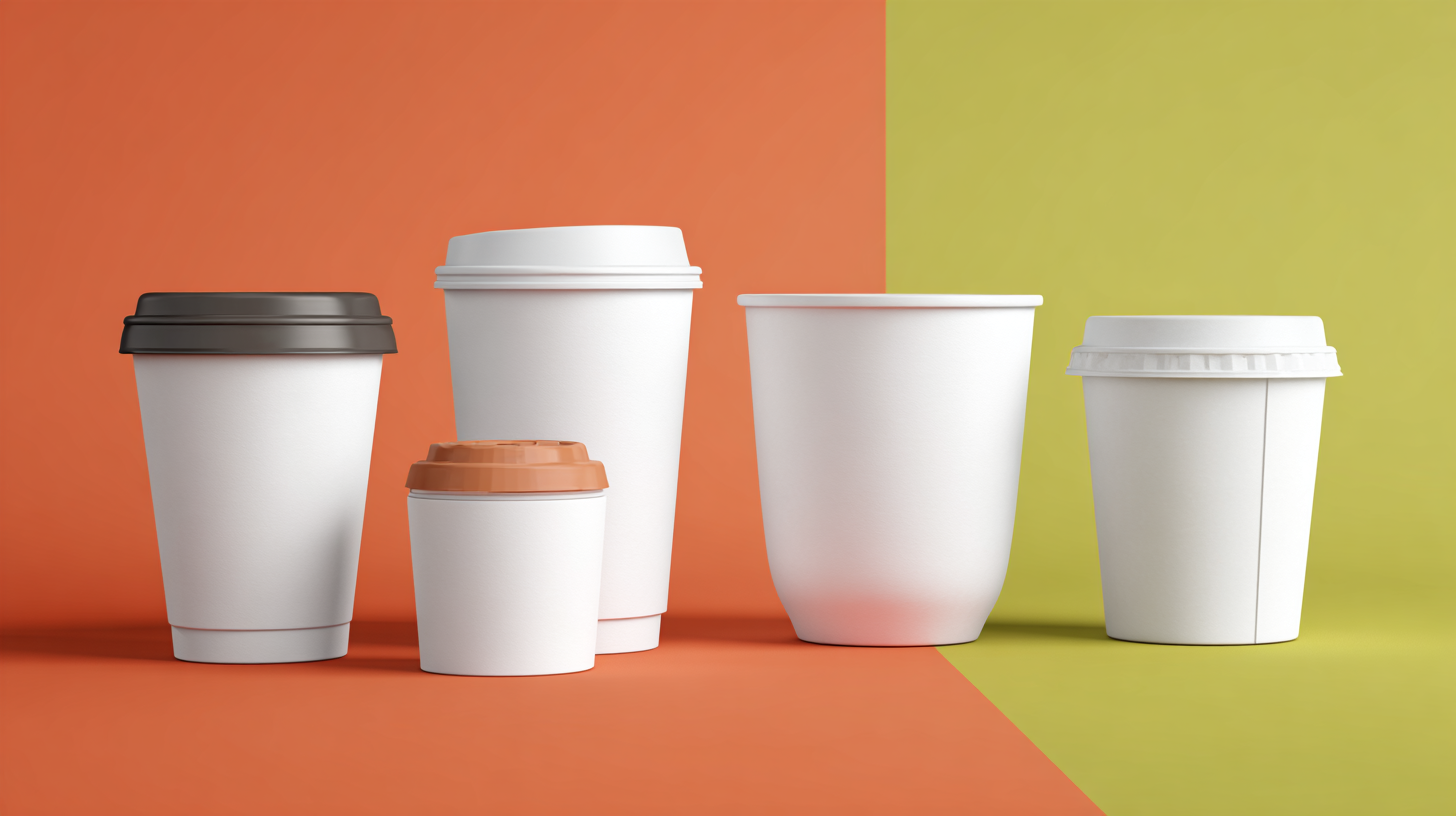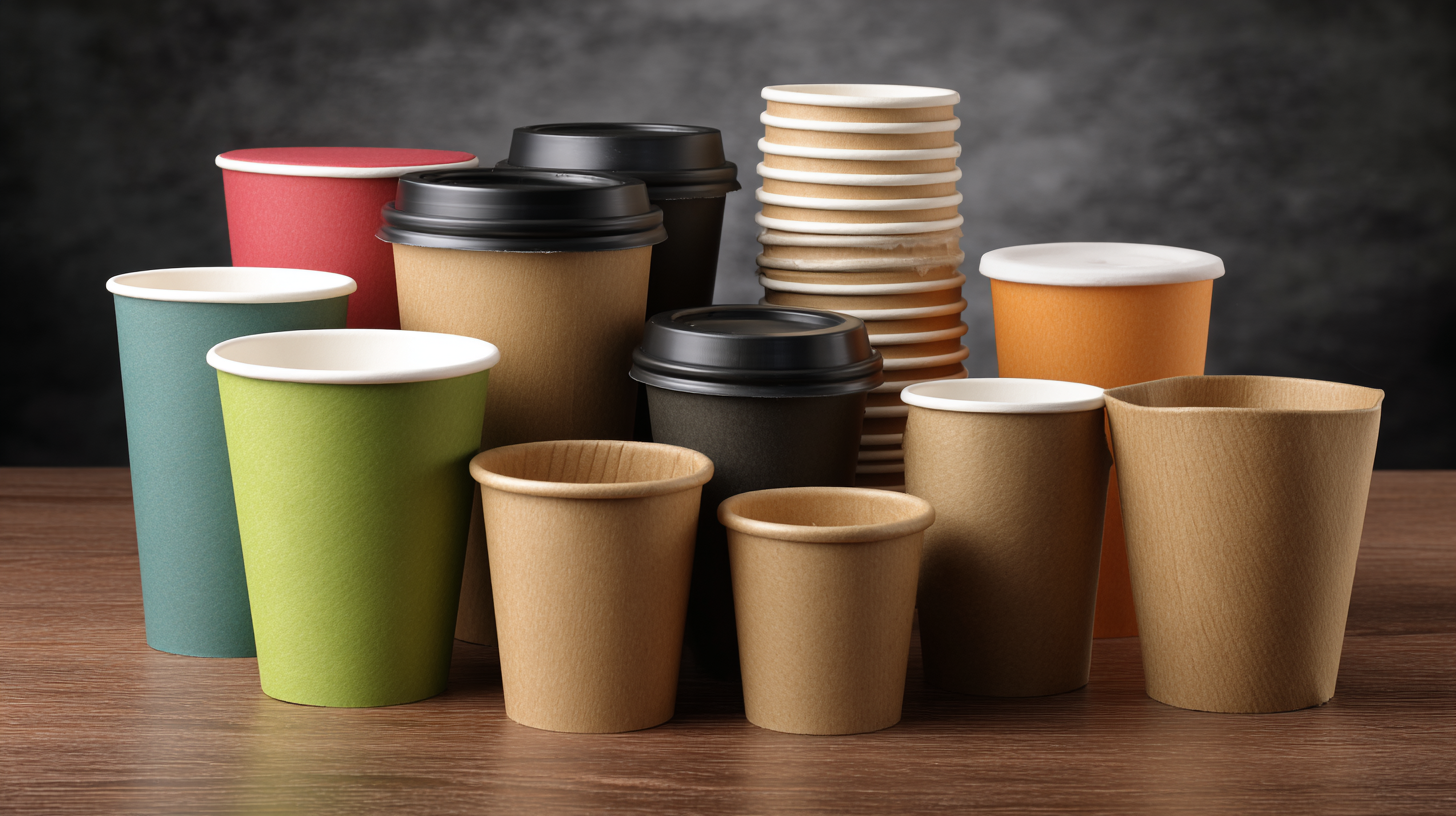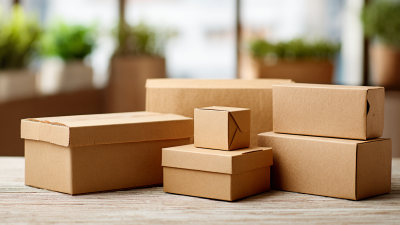In today's fast-paced business environment, making the right choices for packaging and storage solutions is crucial for operational efficiency and customer satisfaction. Disposable containers play a pivotal role in various industries, from food service to logistics, as they offer convenience and hygiene. According to a recent market research report, the global disposable containers market is projected to reach $290 billion by 2025, driven by the growing demand for takeout and delivery services. However, the process of selecting the best disposable containers tailored to your business needs can be daunting, given the myriad of options available. Factors such as material, size, and environmental impact must be carefully considered to ensure that your choice aligns with your brand values and operational requirements. This blog will outline seven essential tips to help you navigate the selection process effectively, ensuring you make informed decisions that benefit both your business and your customers.

When it comes to selecting disposable containers for your business, understanding the different types available is crucial for meeting your specific needs. Various categories of disposable containers exist, including plastic, paper, and compostable options.
Plastic containers are widely used due to their durability and versatility. They come in various shapes and sizes, making them suitable for everything from salads to soups. However, it’s important to consider environmental impact, as many plastics are not biodegradable.
Paper containers are another excellent choice, especially for businesses focused on sustainability. They are ideal for hot and cold foods, offering insulation and preventing leakage. Additionally, paper containers are often recyclable or compostable, appealing to eco-conscious consumers. Another rising option is compostable containers made from materials like sugarcane or cornstarch.
These containers are designed to break down over time, making them a responsible choice for businesses looking to reduce their carbon footprint. By carefully assessing the benefits and drawbacks of each type, you can choose disposable containers that align with your business objectives and customer preferences.
When selecting disposable containers for your business, several key features should guide your decision-making process. First and foremost, material choice is crucial. According to a recent report by the Packaging Association, over 70% of consumers prefer biodegradable or eco-friendly materials for their takeout packaging. This trend not only meets consumer demand for sustainability but also aligns with global initiatives to reduce plastic waste, presenting a compelling case for businesses to prioritize environmentally friendly options.
Another important aspect is the container's durability and performance under varying conditions. For instance, data from the Food Packaging Institute indicates that nearly 45% of food safety issues arise from inadequate packaging, emphasizing the need for leak-proof and temperature-resistant designs. Investing in high-quality containers that can withstand heat and moisture not only safeguards your products but also enhances customer satisfaction. Additionally, consider the versatility of the containers; options that can serve multiple purposes can streamline your operations and reduce costs. With such considerations, your choice of disposable containers can greatly influence your business's operational efficiency and customer perceptions.

When selecting disposable containers for your business, one critical factor to consider is their environmental impact. With increasing awareness of sustainability, businesses are urged to opt for materials that are less harmful to the planet. Biodegradable and compostable containers made from materials like PLA (polylactic acid), which is derived from renewable resources, can significantly reduce landfill waste. By making conscious choices, not only can businesses lower their ecological footprint, but they can also appeal to environmentally-conscious consumers who prioritize sustainability.
Another aspect to assess is the recyclability of the containers. While many disposable items are labeled as recyclable, not all facilities have the capability to process them. It is crucial to understand the local recycling infrastructure and ensure that your chosen containers can be effectively recycled within your community. By choosing containers that are widely accepted in recycling programs, businesses can contribute to a circular economy while also enhancing their brand image as eco-friendly. Taking the time to evaluate these environmental considerations will help ensure that your business decisions align with both your operational goals and ethical responsibilities.
When selecting disposable containers for your business, understanding the balance between cost and quality is crucial for long-term success. While it may be tempting to opt for the cheapest options available, low-cost containers often compromise on durability and functionality. It's essential to consider how these containers will perform in real-world scenarios—whether they can hold various types of food without leaking, how they fare in different temperature conditions, and their overall sturdiness. Investing in higher-quality disposable containers can reduce the risk of product damage and enhance customer satisfaction, ultimately leading to cost savings in the long run.

Furthermore, quality disposable containers can significantly impact your brand’s reputation. Customers notice the details; choosing a container that presents food attractively and securely can enhance their dining experience. Durable containers that are designed for specific purposes—like microwave-safe or leak-proof options—reassure customers that their meals are not only well-packaged but also safe to consume. Thus, while cost is an important factor, evaluating the quality of disposable containers should take precedence, ensuring that your selections align with your business's standards of excellence and customer expectations.
When selecting the best disposable containers for your business needs, it’s crucial to prioritize safety and compliance with the current standards. With the implementation of new regulations, businesses must be cautious about the labels they choose. Recent updates state that terms like “zero added” cannot be used on food packaging, which highlights the importance of transparency in product descriptions. Ensure your packaging adheres to these guidelines to avoid misleading consumers and potential fines.
Additionally, understanding the market definition and the purpose of packaging coatings is essential. Coatings enhance durability and deliver key attributes such as chemical resistance and barrier performance. When selecting disposable containers, consider how these coatings align with your product’s requirements, as they can significantly impact consumer perception and safety. By focusing on these aspects, you can improve your brand's reputation while maintaining compliance with evolving food safety standards.






